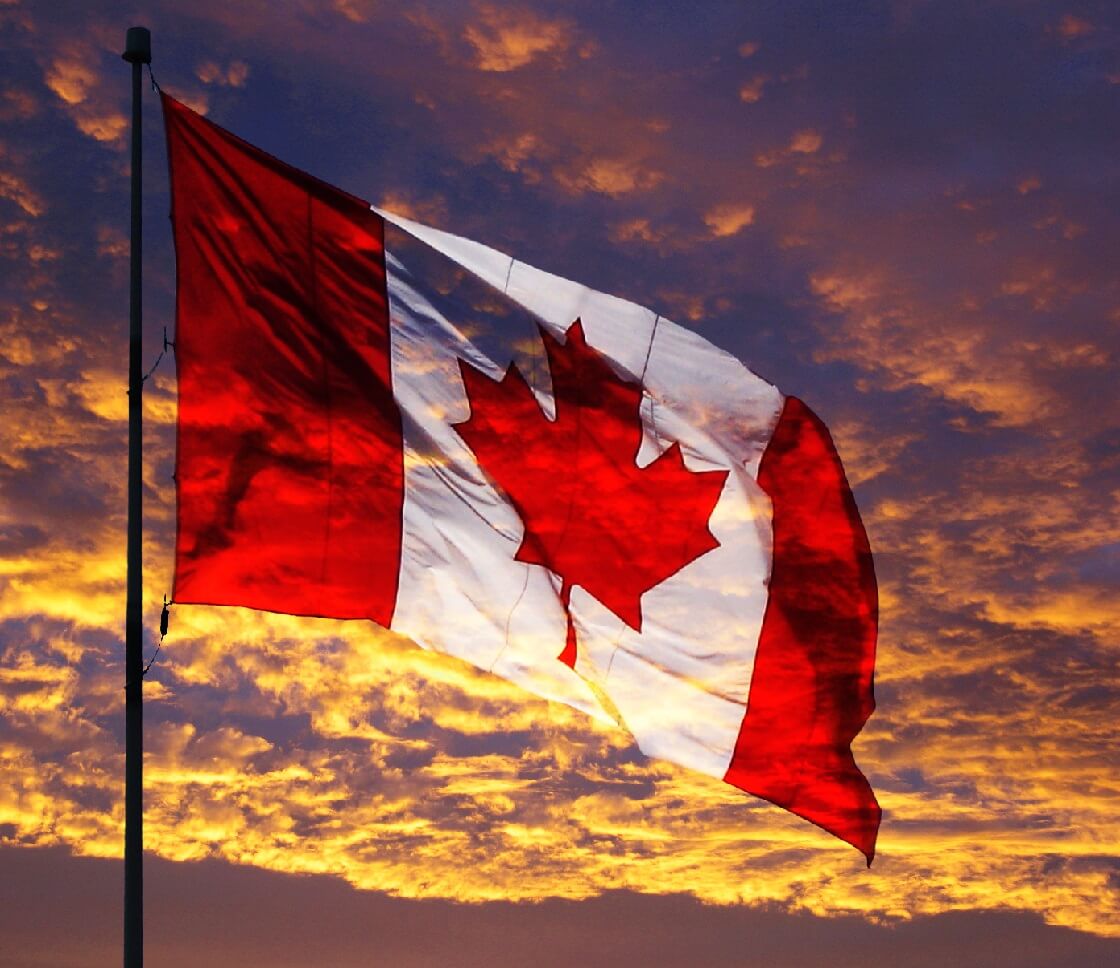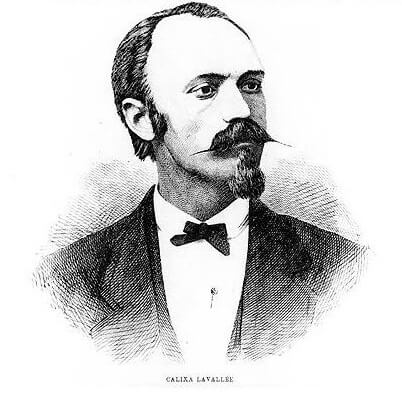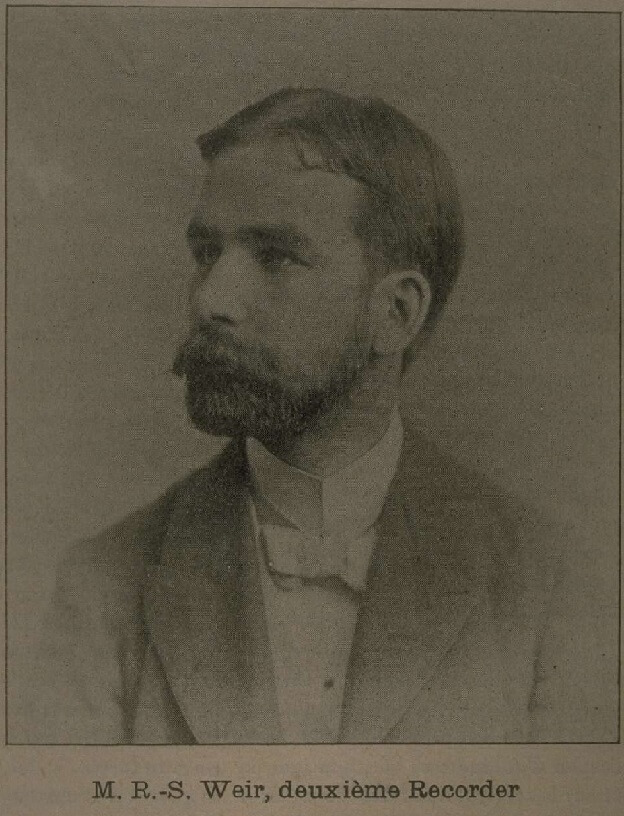On Monday, January 25, 2016, kids all over the country stood for the O Canada before morning announcements. Young men- like the Medicine Hat Tigers in Prince George, BC, and the Kindersley Klippers in Wilkox, Saskatchewan- removed their helmets for the Canadian National Anthem before battling the home team on the ice. And grey-haired bureaucrats in Ottawa, the Capital of Canada, discussed the fate of the O Canada before adjourning at 7:30 pm.
On January 25, Canada’s House of Commons resumed, and with it the efforts of Liberal MP Mauril Belanger to make the Canadian National Anthem “gender neutral”. Belanger, who is suffering from ALS, has declared that he intends to reintroduce his bill to change our national anthem’s second line. Specifically, he wants to change true patriot love “in all thy sons command” to “in all of us command”. The Ottawa-area MP argues that the current lyrics “in all thy sons” neglect to reflect the sacrifices and contributions Canadian women.
Belanger is not the first parliamentarian to take up the torch on this perceived issue. In accordance with the epidemic of political correctness that has taken this millennium by storm, left-leaning Canadian politicians have tried to “modernize” Canada’s national anthem for years. Some, like former Governor General Michaelle Jean, have championed Belanger’s crusade. Others, like former Toronto city councillor Howard Moscoe, fear the O Canada’s words “our home and native land” are exclusive to Canadian immigrants. Others still seek to remove the anthem’s religious references so as to not offend secularists and religious minorities.
Many of us Canadians are strongly opposed to these proposed changes. We see the Canadian National Anthem as a fundamental element of our national identity. To us, the O Canada is something that should not be subject to change, lest we want to advertise to the world our country’s lack of pride in its lineage and lack of faith in itself.
Proponents of Belanger’s cause present a solid counterargument, however. They remind us that the words “in all of us command” are actually closer to the lyrics of an earlier version of O Canada written in 1908. They argue that a “gender neutral” version would actually be more authentic than the version we have now. That counterargument raises a couple of questions: How many versions of our national anthem are there? When was our national anthem first written? What is the history of Canada’s National Anthem?

The History of O Canada
The first version of The Canadian National Athem was written by French Canadian composer Calixa Lavallee. Lavallee wrote the piece in 1880, just thirteen years after Constitution.
Lavallee lived a colourful life. He was born in a suburb of Montreal in 1841. His father, a master organ builder, taught him to play the organ at a young age. At 25, Lavallee left Canada for the United States. There, he won a music competition and ended up touring Brazil and the West Indies with a Spanish violin virtuoso. He returned to the United States just in time to fight for the Union Army in the Civil War. In the Reconstruction Era following the war, Lavallee toured the United States with show companies. When he was not on the road, he took up residence in various cities, including Montreal, Chicago, Philadelphia, and New York City. He ended up settling down in Boston.

Despite being an expatriate, Lavallee was considered by many to be a Canadian national musician. Like Edvard Grieg in Norway and Jean Sibelius in Finland, Lavallee performed and composed music which helped young Canada establish a national identity.
In January 1880, the Lieutenant Governor of Quebec commissioned Lavallee to compose a tune for St-Jean-Baptiste Day. St-Jean-Baptiste Day is a Catholic Quebecois feast day on June 24 which celebrates the birth of John the Baptist. The tune was put to the lyrics of a poem written by Adolphe-Basile Routhier, a French Canadian judge and writer. Lavallee completed the song in time. It was performed for the first time on the evening of June 24, 1880, in Quebec City. It was entitled the “Chant national”.
When translated literally from French to English, the Chant National Lyrics read:
Under the eye of God, near the giant river,
The Canadian grows hoping.
He was born of a proud race,
Blessed was his birthplace.
Heaven has noted his career
In this new world.
Always guided by its light,
He will keep the honour of his flag,
He will keep the honour of his flag.
From his patron, the precursor of the true God,
He wears the halo of fire on his brow.
Enemy of tyranny,
But full of loyalty,
He wants to keep in harmony,
His proud freedom;
And by the effort of his genius,
Set on our ground the truth,
Set on our ground the truth.
Sacred love of the throne and the altar,
Fill our hearts with your immortal breath!
Among the foreign races,
Our guide is the law:
Let us know how to be a people of brothers,
Under the yoke of faith.
And repeat, like our fathers,
The battle cry: “For Christ and King!”
The battle cry: “For Christ and King!”
English Translations
By 1908, a number of Canadian writers translated the Chant National from French to English. Among them was Dr. Thomas Bedford Richardson, Mercy E. Powell McCulloch, Wilfred Campbell, Augustus Bridle, and Ewing Buchan.

The only English translation to gain widespread acceptance was one written by Robert Stanley Weir, a Montreal judge and writer, in 1908. Weir wrote the O Canada Lyrics in his summer home to mark the 300-year anniversary of the founding of Quebec City. He entitled the piece “O Canada”. His lyrics read:
O Canada! Our home and native land!
True patriot love thou dost in us command.
We see thee rising fair, dear land,
The True North, strong and free;
And stand on guard, O Canada,
We stand on guard for thee.
Refrain
O Canada! O Canada!
O Canada! We stand on guard for thee.
O Canada! We stand on guard for thee.
O Canada! Where pines and maples grow,
Great prairies spread and lordly rivers flow,
How dear to us thy broad domain,
From East to Western Sea;
Thou land of hope for all who toil!
Thou True North, strong and free!
(Refrain)
O Canada! Beneath thy shining skies
May stalwart sons and gentle maidens rise,
To keep thee steadfast through the years,
From East to Western Sea.
Our own beloved native land,
Our True North, strong and free!
(Refrain)
Ruler Supreme, Who hearest humble prayer,
Hold our dominion within Thy loving care.
Help us to find, O God, in Thee,
A lasting, rich reward,
As waiting for the Better Day
We ever stand on guard.
(Refrain)
Revisions
Weir’s lyrics have undergone a number of revisions over the years. The first revision took place in 1913. It was a small revision to the second line, which replaced “thou dost in us command” with “in all thy sons command”.
Weir made the change himself without publicly disclosing a reason. Some historians suggest that Weir might have changed the lyrics in protest of the increasing fanaticism of the women’s suffragette movement. Whatever the case, the words “in all thy sons command” have since come to resonate with many Canadians as an homage to the 100,000 Canadian men who lost their lives fighting in the First and Second World Wars.
Weir made further minor amendments to the lyrics in 1914 and 1916.
In 1927, the O Canada was officially published in time for the Diamond Jubilee of Confederation. At the time, it was undoubtedly the most popular national song in French Canada. In English Canada, however, the Canadian National Anthem vied for popular supremacy with another patriotic song, The Maple Leaf Forever. The Maple Leaf Forever was written by Alexander Muir at the time of Confederation.
In 1980, the anthem was modified again. It became the version we know today. It might surprise some Canadians (me included!) to learn that there are actually four verses in the official anthem. Most of us are only familiar with the first verse. The additional three verses are slightly modified versions of the original verses written by Weir in 1908. These three are rarely sung. You can read all four verses at OhCanadaAnthem.com. The Oh Canada Lyrics first verse, the one most of us are familiar with, goes thus:
O Canada! Our home and native land!
True patriot love in all thy sons command.
With glowing hearts we see thee rise,
The True North strong and free!
From far and wide, O Canada,
We stand on guard for thee.
God keep our land, glorious and free!
O Canada, we stand on guard for thee;
O Canada, we stand on guard for thee.
The Canadian National Anthem
On June 18, 1980, the House of Commons voted on a bill proposing O Canada as Canada’s official national anthem. The vote was unanimous; the bill was passed. Almost exactly a century after Routhier and Lavallee created the its first version, the O Canada was proclaimed the official national anthem of Canada.
Since then, the anthem has become an integral part of Canadian identity. It has become as firmly rooted in Canadian culture as ice hockey, Mounties, and the Maple Leaf. It is sung daily in Canadian schools all over the country. It is played at sporting events and official ceremonies. It even features in some of our beer commercials!

So, what do you think, Canada? Should we change a couple of words in our national anthem to make it more politically correct? Or should we keep it the way it is? Let us know what you think in the comments below.
Want to Help?
If you enjoyed this article and would like to help support this website, please check out our online bookshop:







Denese Coulbeck
Lyrics by poet Wilfred Campbell.
1. O Canada! beloved country, thou!
Hope’s holy wreath adorning thy young brow.
Thine arm the sword hath taken to guard the faith of Christ;
Thy fealty unshaken With valour keepeth tryst.
Chorus: O Lord of Hosts! On Thee we call!
Protect our inland fields, our seaward wall,
Protect our inland fields, our seaward wall.
2. Our annals glow with deeds of mighty men
Who conquered fate, undaunted, one to ten.
Alone, true hero-hearted, They kept our flag out-flung,
When all save honour parted On glorious fields unsung.
O Lord of hosts; may we recall
Their valorous deeds, and like them stand or fall.
3. In this great West, where destiny awaits,
Two mighty oceans front her seaward gates.
May loyalty and honour Hold all her masts within;
Her skies that shine upon her Know all her myriad’s kin.
O Lord of hosts; from these our coasts,
Drive out all sordid greeds, all foolish boasts.
4. May love, revered of altar and of throne,
Join these our hearts for truth to stand alone!
Our laws from their pure fountains Their liberties prolong;
Till round our lakes and mountains Fades out the world’s old wrong.
O Lord of Hosts! To Thee we cling,
And shout our battle song, “For Christ and the King!”
And shout our battle song, “For Christ and the King!”
Lauren
In school we were taught that “in all thy sons command” was a reference to the many fallen men who fought in the wars. If tat was the case why are we changing it?
Dianna K. Goneau Inkster
I was never taught that “all thy sons” meant soldiers, usually male, who had served in the military. Did Weir change the lyric to insult women fighting for the right to vote and serve in Parliament and participate, in general, in public life? That probably makes more sense than what you are proposing. By the way, my mother was a World War 2 veteran. Lots of other women of her generation served in the military because Canada needed more soldiers to fight the Nazis.
Andrea Phillips
We need an updated Oh Canada anthem. Much the same, but words and music could be tweked. It’s time. Any writers out there?
Glen Tupling
I am sick and tired of our concern to be politically correct. It took us over 100 years to decide on our national anthem. If you don’t like it, don’t sing it. There is not another country in the world where this discussion would get any air time. Buzz off and leave it alone!
Clint
I like how earlier versions have references to God, really showing our Christian heritage. Now most of our society is sinical to the Christian faith. I say leave it the way it is. At least we have “God keep our land” in it.
sue
Keep it the way it was written – it is a part of our heritage
William Foster
We get the point about changing from “sons” to “us”. Aside from that, folks are becoming more uncertain and will turn to quietly not singing when in doubt. Our closest allies make zero changes. Where is our maturity?
On another universal principle (with maturity), all people should have all our words of freedom in any language. Everyone should be encouraged to pick their own language of the world, and sing the Canadian Anthem all through. If you must spend public dollars with another change project, make the anthem universally understood. That would be appropriate and probably needed by those who want to be free without infringing on the exclusivity of having only two (2) official languages.
Expecting people to sing in unison different versus in different languages is silly, an extreme idea. It won’t work. Already, people are seeing it displayed at the House of Commons in two languages and they think they are expected to follow suit. They can’t and they will drift away from it altogether.
Joanne Schmidt
As a female, and mother of daughters and grandmother of girls, I do not feel the need to keep the line – “In all thy sons command” – Canadian citizens should be able to accept that in the 21st Century our citizens are from many backgrounds and male and female – if “patriot love” is only for “all of our sons” is the anthem suggesting that female Canadians, and perhaps also citizens those not born in Canada, do not have a love for Canada?
“O Canada” has only been the official Canadian National Anthem since 1980 – so it isn’t as though complaining adults over age of 36 have been singing the song as an Anthem for very long!
Elizabeth. Belshaw
I like the 1913 version In the 1950’s I remember an even different version , that we sang at school.
I never liked the newest one
Larry Glen Whitney
Leave it alone. It’s been changed at least twice in my life time! Why are we always being asked to give up our Canadian traditions?
Michael DesAulniers
What “Canadian traditions” are we giving up by changing lyrics in a song, that have been changed many times in the past?